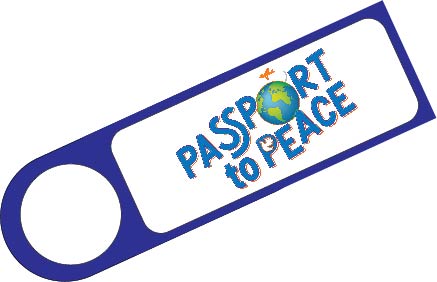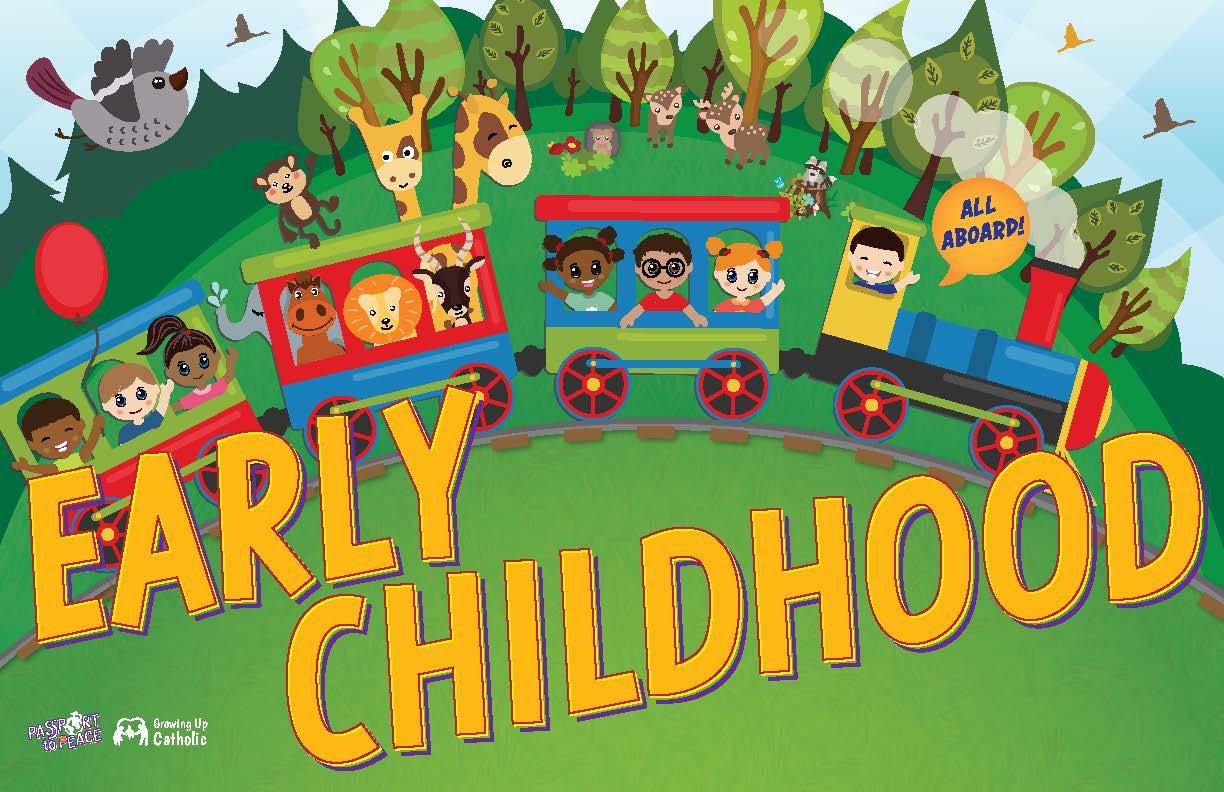
Passport to Peace
'Round the world or just down the street, make peace with everyone you meet!
Welcome to Passport to Peace, an interactive Vacation Bible School curriculum designed to help children make peace a way of life. Peacemaking skills are essential for those who want to follow Jesus’ way of peace. The five Bible stories in this curriculum encourage children to listen to and learn from people who are different, care for people who are sick or suffering, creatively work to keep everyone safe, and refuse to respond to conflict with violence.
Through worship and drama, Bible study, art projects and active games, children learn that there are many opportunities and ways to live as peacemakers. Passport to Peace invites children to see every person as part of God’s family, and every interaction as an opportunity for peacemaking.
In a world that is too often divided by race, class, ethnicity, and country of origin, Passport to Peace is a reminder that the love of God and the way of peace transcend all borders and divisions. All are welcome in the family of God. Led by God’s Spirit, we can all participate in creating a more peaceful world.
Children in grades K–5 will see Bible stories come to life in the dramas during worship time, and will reflect on them during three response times: Bible Beach (Bible Study), Move-It Mountain (Physical Games), and Creator's Canyon (Art/Science).
Preschoolers ages 4–5 may participate in worship with the older children or have their own worship time. They too will share in the Bible story and engage in crafts, games, and other activities.


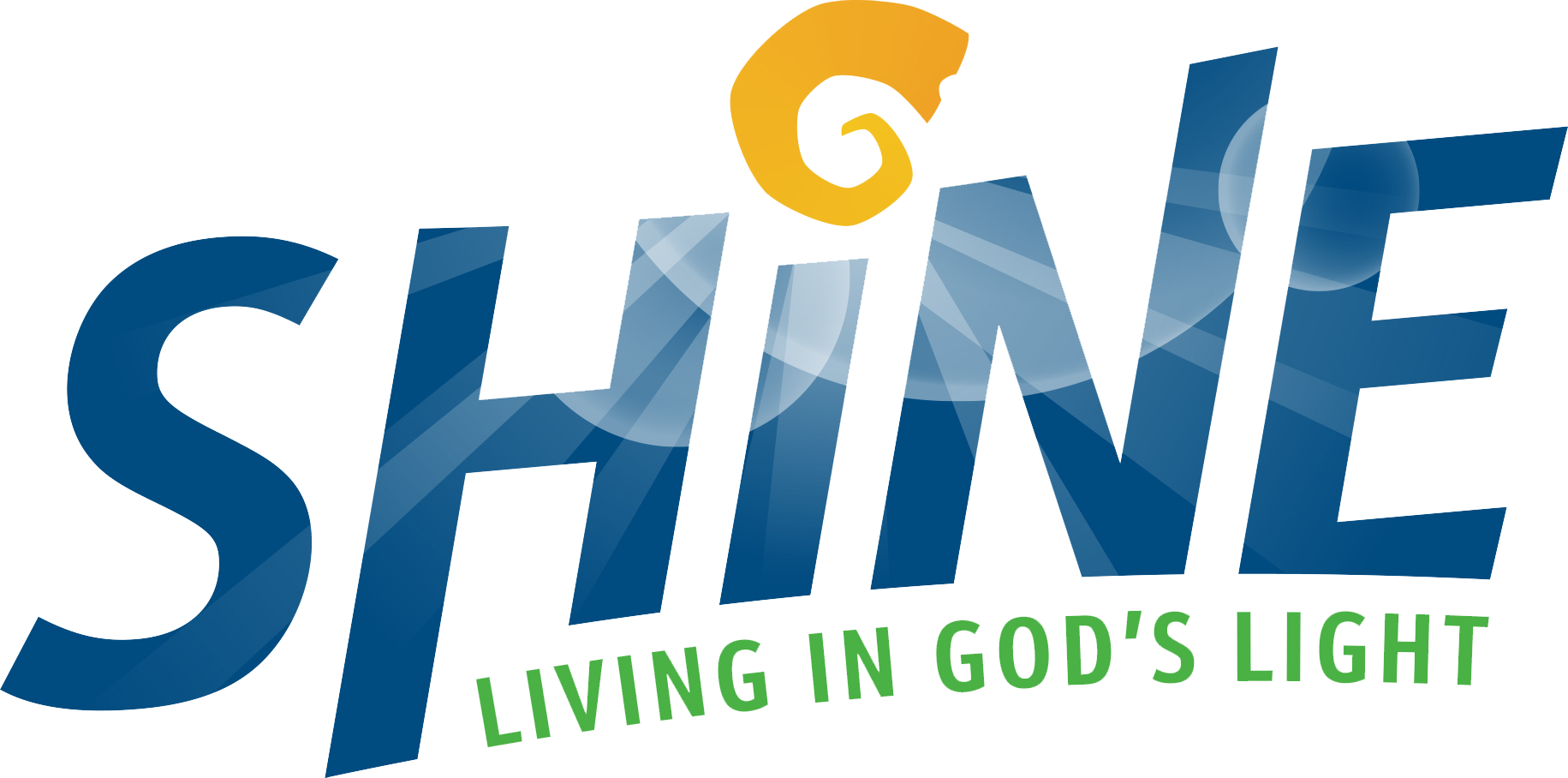

Daily Schedule
This theme provides content for five flexible sessions, from as short as one hour to over three hours each day. Scroll right to see all five days.
| DAY 1 | DAY 2 | DAY 3 | DAY 4 | DAY 5 | |
|---|---|---|---|---|---|
Can We Talk? |
Do You See What I See? |
I Have an Idea! |
Trouble in the Neighborhood |
The Road Less Traveled |
|
| Path to Peace | Peacemakers listen to and learn from people who are different. | Peacemakers notice the needs of others and seek to help. | Peacemakers act creatively to keep everyone safe. | Peacemakers respond to conflict without using violence. | Peacemakers take action when people have been hurt. |
| Scripture | Acts 8:26–40 | Matthew 25:31–46 | 1 Samuel 25:1–35 | Genesis 26:12–33 | Luke 10:25–37 |
| Story Summary | Two men from different countries, races, social class, and religious backgrounds meet on the Jerusalem-Gaza road. Philip was sent there by an angel, while the Ethiopian official was traveling from Jerusalem back to his home country of Ethiopia. Philip and the official discuss the scriptures. Philip explains the good news about Jesus to him. The official asks to be baptized and Philip baptizes him. | Jesus tells a parable of separating people like sheep and goats for judgment. The sheep are welcomed into the kingdom because they have cared for Jesus when he was hungry, thirsty, a stranger, naked, sick, and in prison. The sheep wonder when they have seen this. Jesus answers that whenever they care for the least of his brothers and sisters, they care for him. The goats are told that when they fail to care for others, they fail to care for Jesus. | David and his men are hiding near the fields of Nabal, a rich and selfish man. David’s soldiers help protect Nabal’s flocks. Nabal insults David’s soldiers by excluding them from a feast. David calls for war. But Nabal’s wife, Abigail, quickly makes a plan. She loads food on her donkeys and goes out to speak to David. She apologizes for Nabal’s behavior. David accepts Abigail’s gifts and calls off the fighting. | Isaac digs wells in a dry land. His crops and flocks prosper, but the neighbors grow jealous and fill up the wells. So Isaac moves away and digs new wells. The new neighbors also quarrel over the water, so Isaac moves again. God promises to be with Isaac and his family, and Isaac worships God. King Abimelech realizes God is with Isaac, and they feast together and promise not to hurt each other. | A lawyer asks Jesus how to receive life with God. Jesus asks what the law says. The lawyer says to love God and one’s neighbor and then asks, “Who is my neighbor?” Jesus tells a story about a robbed, wounded traveler. A priest and a Levite pass by without helping. But a Samaritan stops, takes the man to an inn to recover, and pays his bill. Jesus tells his listeners to go and do the same. |
Features
- Available in download-only or physical + download kits.
- Reproducible (with exception of student booklets and family music CDs/MP3s).
- Physical leader guides are in a binder with tabs to make them easy to rearrange or duplicate.
- Bulk-priced music can easily be sent home with every family.
- Reflections from Pope Francis and other Catholic role models for peace.
- Music from Oregon Catholic Press featuring Jesse Manibusan and other Catholic musicians.
- A great all-around Scripture-based experience perfect for any parish!
- Hummable, top-notch, kid-friendly music that connects closely with the theme.
- Easy to lead, with Powerpoints, sing-along music videos, and hand motions.
- Songs by Jesse Manibusan and Steve Angrisano.
- All the core features you expect in a VBS, without overwhelming complexity.
- Earth-friendly, without plastic trinkets that will litter our common home.
- Early childhood leader guide makes it easy to include preschoolers.
- Easy to adapt to your timeframe and preferences.
- A message for this time of conflict and violence, both nearby and across the world.
- A fun and effective way to help children experience Jesus and his message of peace.
- Includes Scripture, prayer, drama, music, games, crafts, and activities, all nicely integrated.
- Posters for each area, memory verses, promotion, and more.
- Thoughtful take-home pages (in English and Spanish) to bring parents into the process and coach them on how to talk to their children.
- Logo artwork to create your own t-shirts or promote the event.
- Extra resources to help you market and manage your VBS.
Preview Leader Guides
Look inside the whole first day of each leader guide below. To preview full-screen, click the icon on the upper right of the preview.
Director Guide
Overview of the VBS and guidelines for orchestrating the process. Includes a planning chart, sample schedules, tips for working with staff/volunteers, forms, Bible backgrounds, snack ideas, guidelines for inviting children to faith, and more.
Early Childhood Leader Guide
Full guide for all aspects of VBS for younger children (ages 4-5). Makes suggestions for full daily schedules, including Bible sessions, activities, crafts, books, song/motion suggestions, and more.
Worship & Drama
Leader Guide
Full guide for leading Worship & Drama sessions for each day, including gathering (introducing theme, opening prayer, etc.), worshiping (prayer, songs, drama), responding (offering project), and sending (schedule review, blessing, and song)
Move-It Mountain
Active Games Leader Guide
Full guide for leading interactive activities & games each day, including advance preparation, session plan, material list, step-by-step instructions, and debrief.
Bible Beach
Bible Study Leader Guide
Full guide for leading Scripture response sessions for each day, including Biblical background information, materials list, advance preparation, session plan, and suggestions for teaching Bible memory verses.
Creator's Canyon
Art & Science Leader Guide
Full guide for leading craft sessions for each day, including Biblical background, materials list, advance preparation, and debrief.
Child Booklet Preview
Peace Passport
K-5 Child Booklet
Full-color 24-page 8½" x 11" activity booklet for grades K-5, including puzzles and other interactive activities. Purchase
Peace Express
Early Childhood Booklet
Full-color 16-page 8½" x 11" activity booklet for ages 4-5, including a retelling of the Bible story for each day, puzzles, and other interactive activities. Send this booklet home so parents can follow up with their children! Purchase
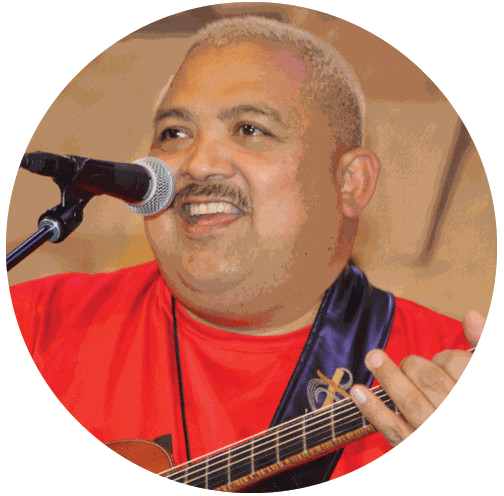
Music Video Previews
Catholic composer, singer/songwriter, storyteller, humorist, catechist, evangelizer and encourager Jesse Manibusan leads our music and offers many songs for this theme.
Music Components
Both starter kits include:
- MP3 audio files of all songs
- Songbook with melody line scores, lyrics, and chords
- Hand/body motions for all songs
- Simple sing-along videos, showing the motions (stream or download)
- Simple sing-along lyric presentations (Powerpoint)
The physical starter kit also includes:
- Full access to the eResource (downloadable) starter kit
- Printed songbook
In addition, purchase inexpensive bulk MP3 downloads/audio CDs to send home with families, so they can continue to sing the VBS songs!
Pricing & Purchase
Starter Kits |
Downloadable Starter Kit | Physical Starter Kit + Downloadable |
|---|---|---|
$99 |
$149 |
|
| All leader guides with permission to reproduce | Online access | Physical binder + online |
| Child booklets (early childhood & elementary) | Online preview* | Physical sample copies* |
| Posters | Online access | 1 copy each + online |
| Music audio | Online access (MP3s)** | Online access (MP3s)** |
| Music sing-along videos | Online access | Online access |
| Music files (lead sheets, motions, lyrics) | Online access | In binder + online |
*Child booklets are not reproducible. If you choose to use these recommended components, please buy one copy for each child (see below).
**Music from starter kits may not be reproduced and distributed to participants and their families. If you wish to do so, please buy the very affordable bulk-priced audio CDs or MP3 download cards from us (see below).
Physical Add-On Options
Booklets
Purchase one of these full-color 8½ x 11" booklets for each participating child. They are referenced throughout the program.
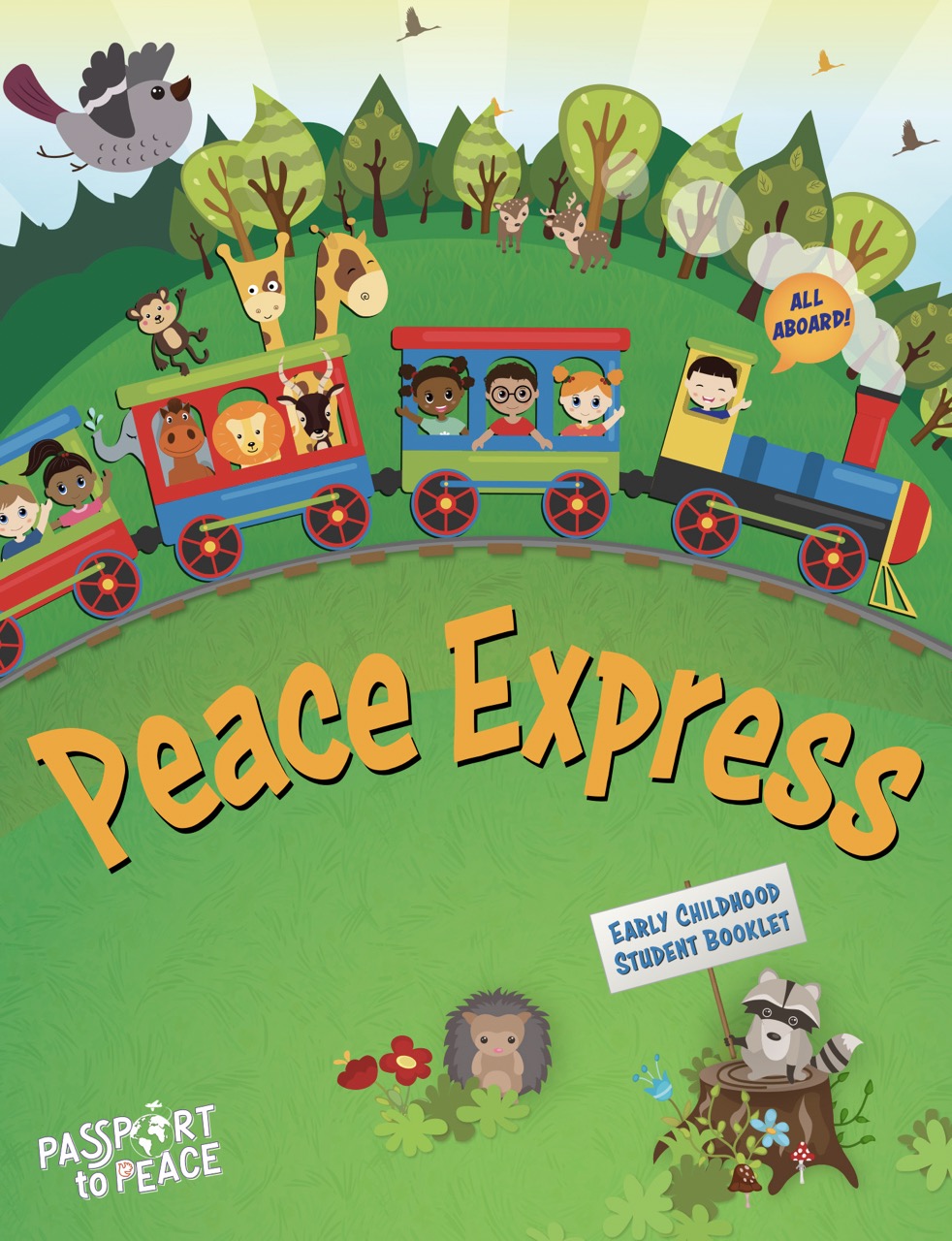
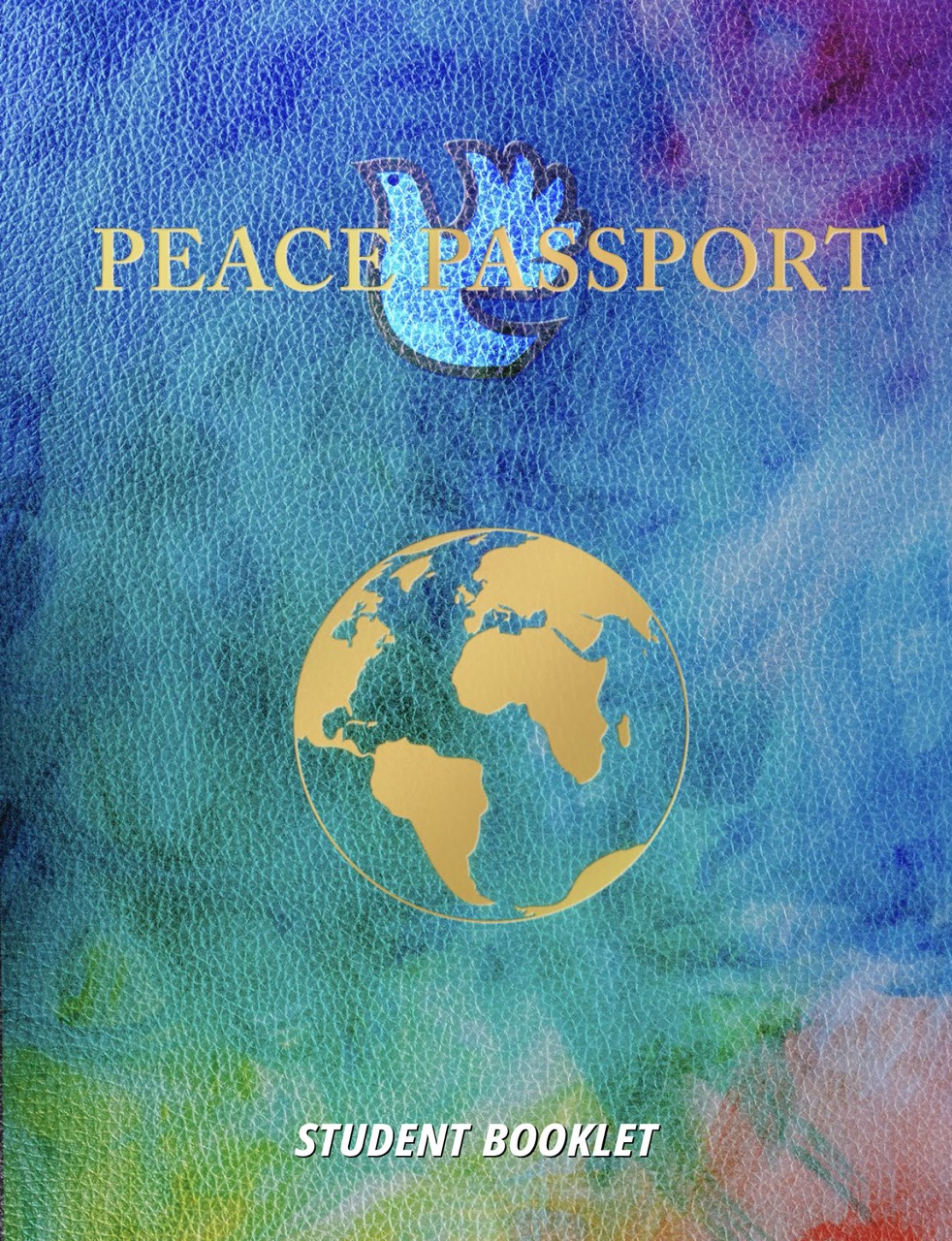
Posters
One of each of these 11" x 17" posters is included in the physical starter kit, and you can reproduce them yourself from the electronic files. You can also purchase them from us, as shown below.

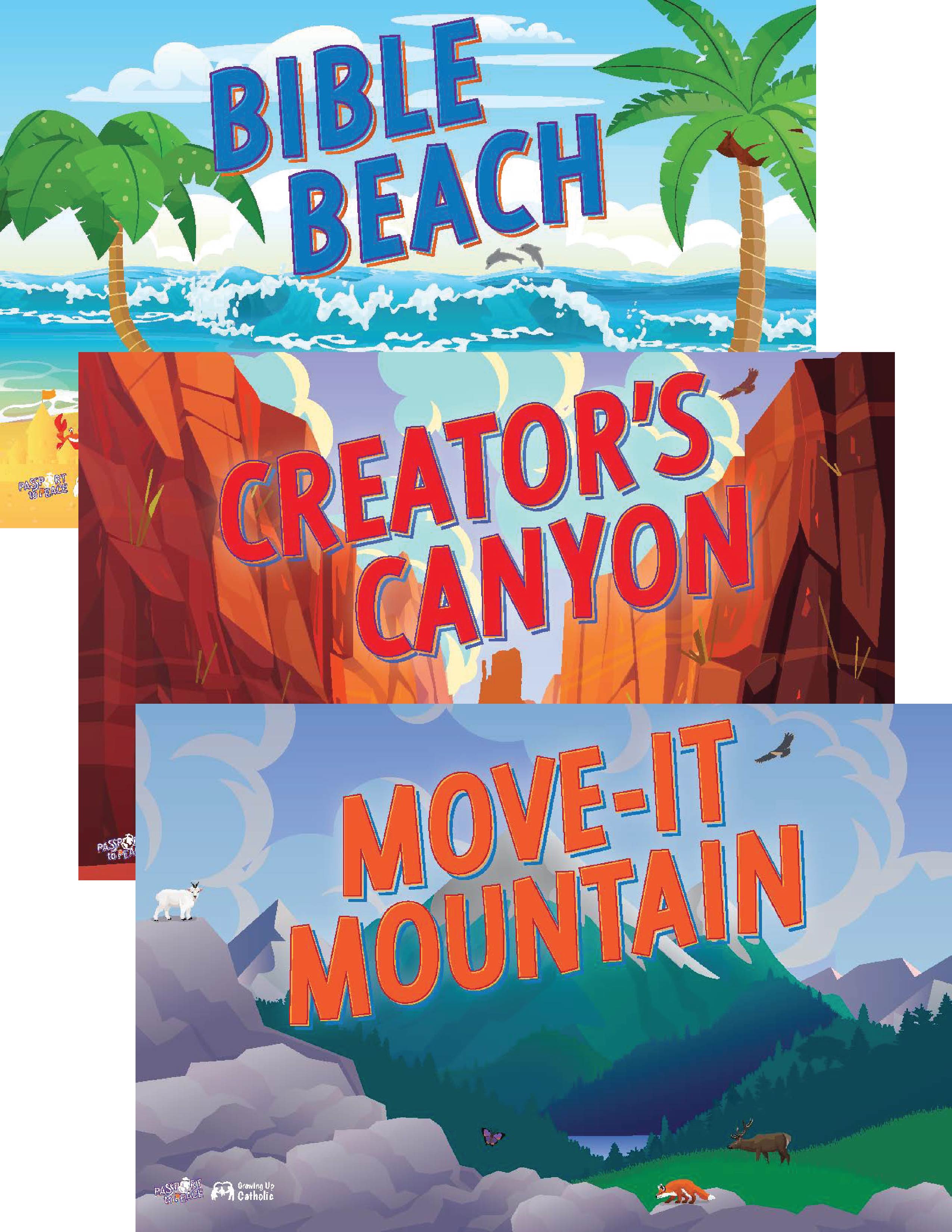
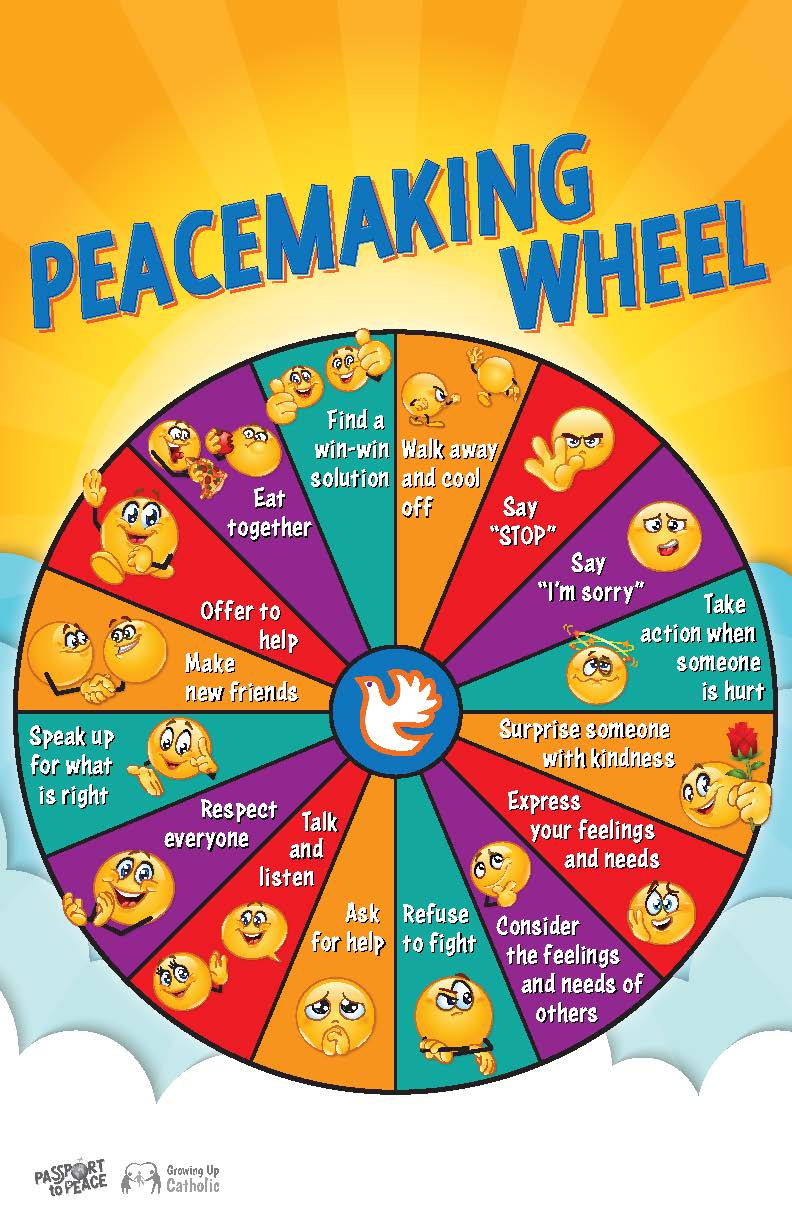
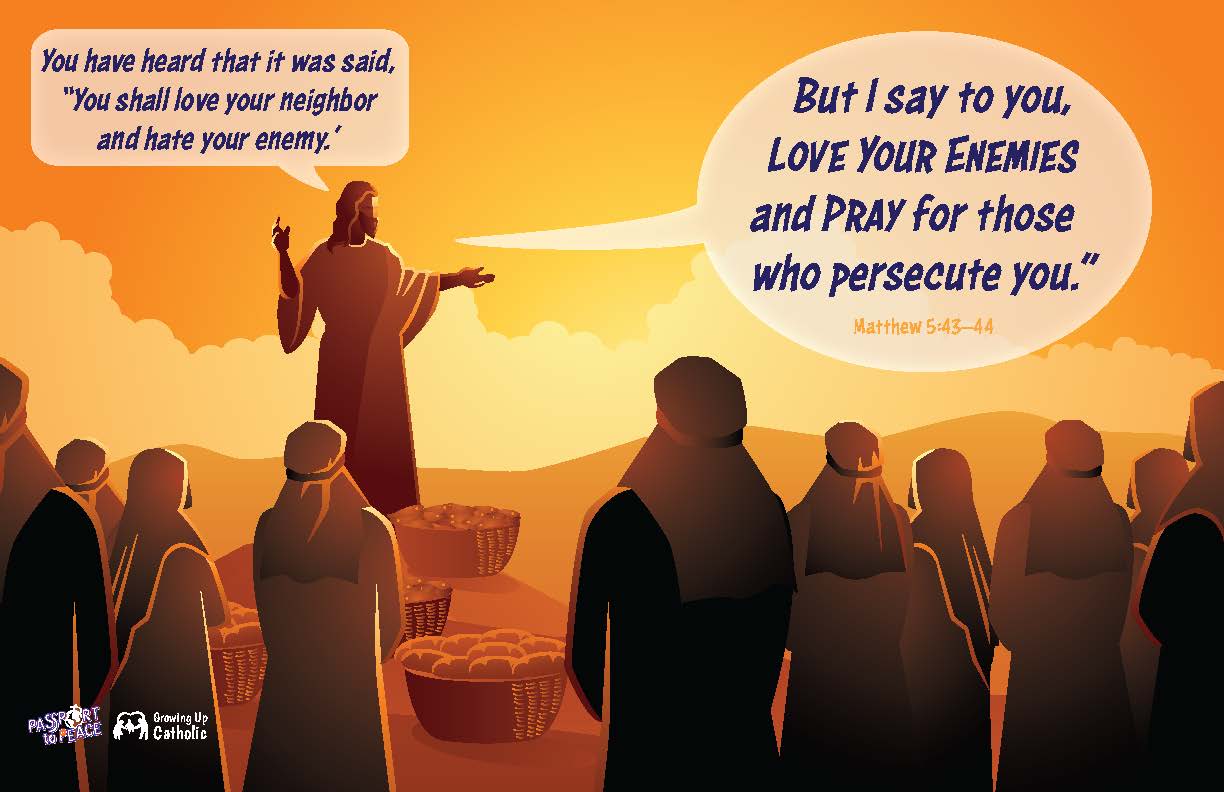
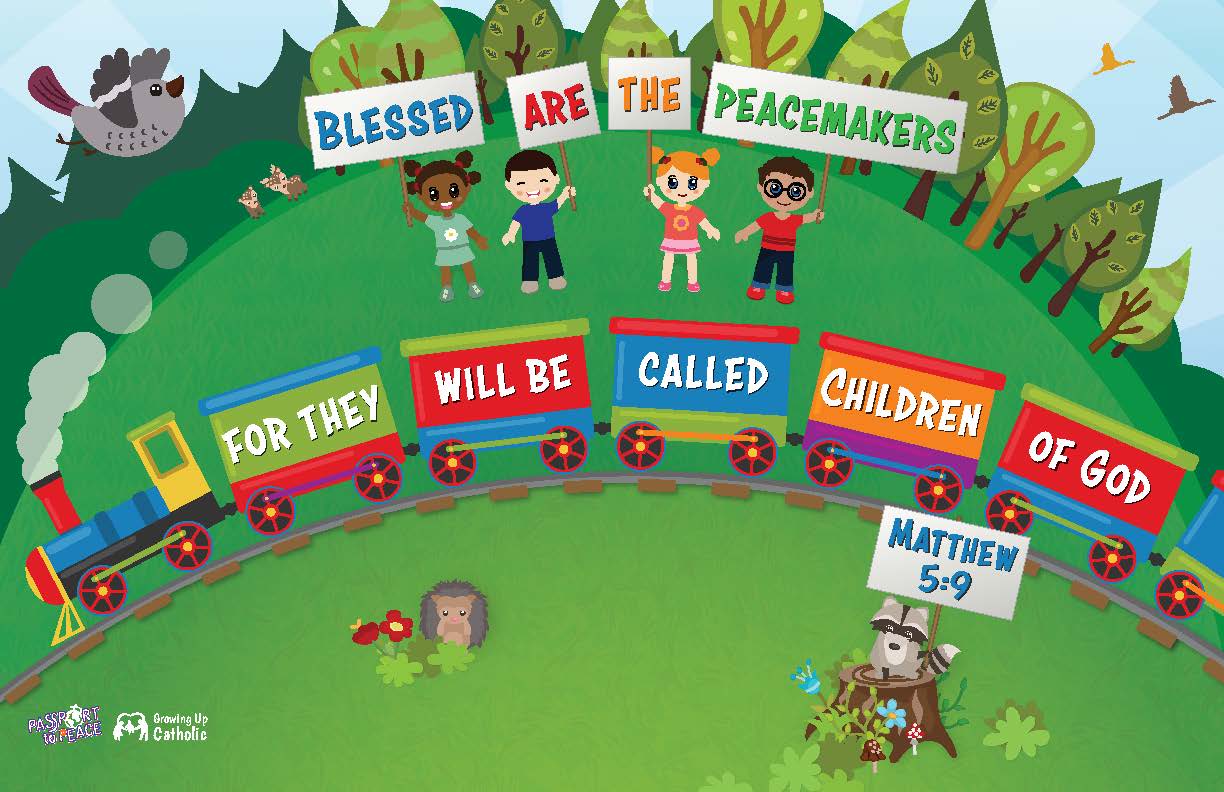
Music
Starter kits include access to all songs for leader preparation and use during your event. However, you can also purchase the below resources to send the music home with families!





